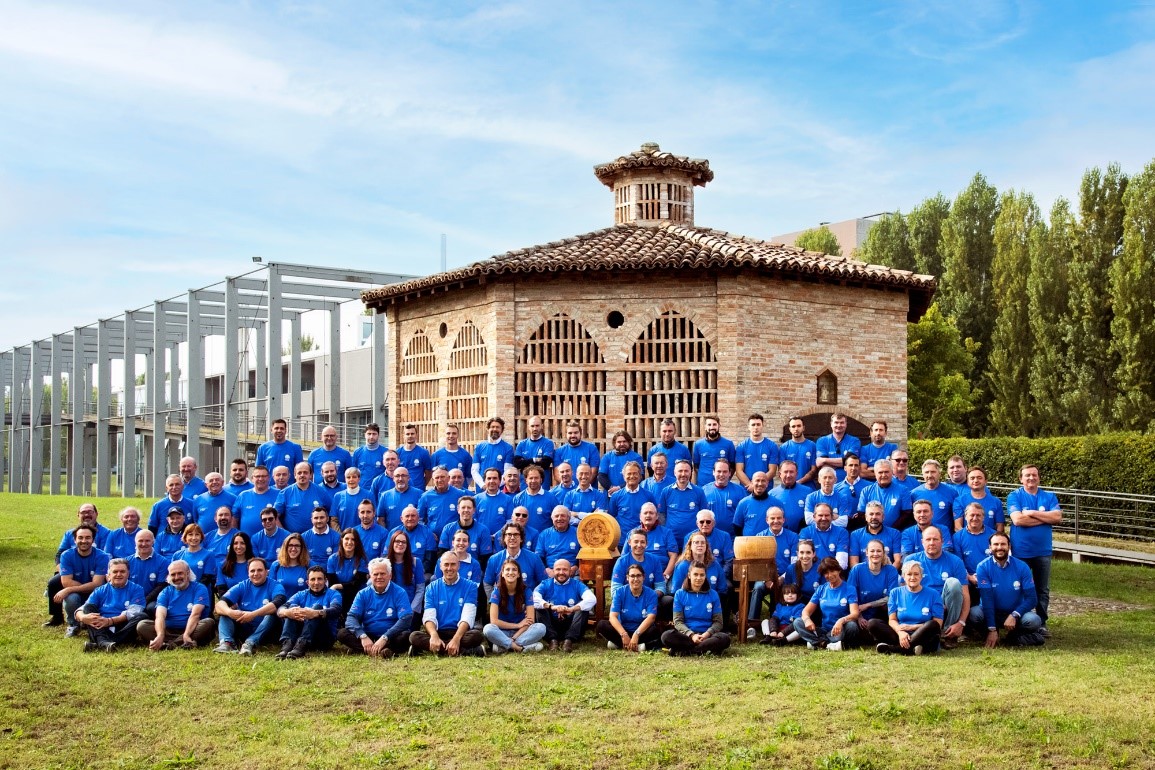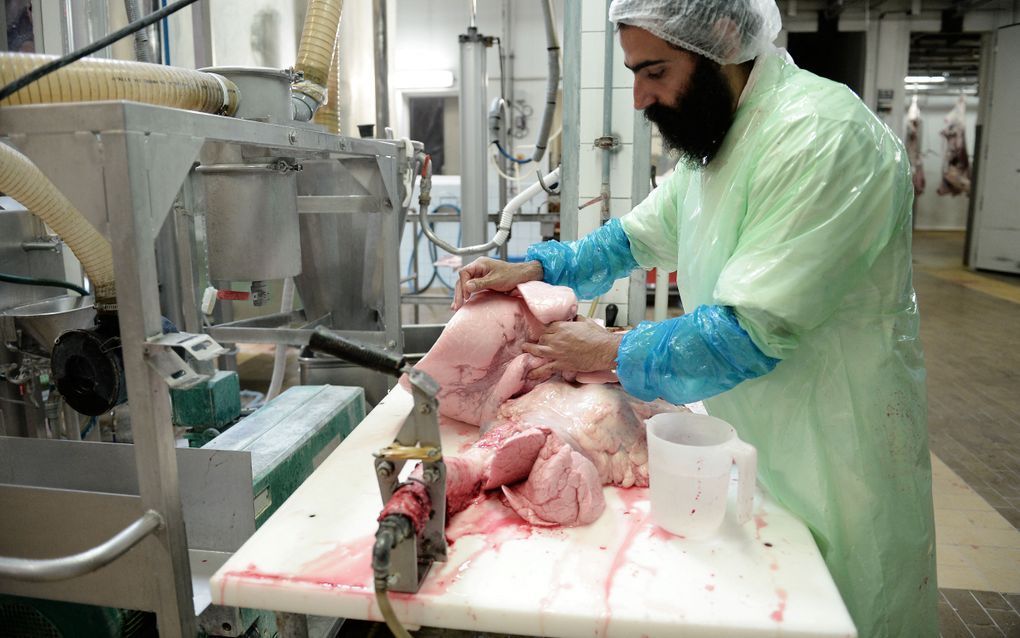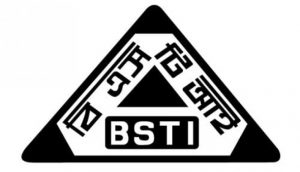Cosmetics, pharma and food, not only in Muslim countries
BARI – Discussion on how certifying products as ‘halal’ can be good for business was discussed as part of the Italian and Arab Enterprise Bourse with participation by the head of the WHAD-World Halal Development certifying body, Annamaria Aisha Tiozzo.
”Accessible in terms of price and procedure”, halal certification is not obligatory in all Muslim-majority countries but having it ”opens up a huge market” with clients in Europe as well, she said. Halal products have been prepared according to Islamic law and is free from pork products, alcohol and certain other prohibited ingredients. They include food as well as cosmetics and pharmaceuticals.
”Having halal certification,” Tiozzo said, ”helps a great deal to widen one’s market, but we should not forget that while it is true that Saudi consumers have the largest pro capita spending on cosmetics, which can be as much as 40,000 euros per year with an average of 30,000 per man, it is also true that the best market for ‘halal’ certified products is still Europe.”
A company that wants to export cosmetics at the moment does not need to certify it as ‘halal except for in a very small number of countries. ”However,” Tiozzo noted, ”it has a big opportunity because statistics show that halal-certified cosmetics have grown at a steady +15% for the past ten years and that 30% of those who buy halal cosmetics are not Muslim.”
Moreover, ”putting a halal certification on a product makes it possible to increase the price, since the consumer is willing to accept a slight rise if what they are buying has been certified.” Issuing the halal certification, however, must be a body that complies with the standards of exporting countries for which, in some cases, specific accreditation is required.
Created from Islamic food regulations, halal certification covers food but also anything that enters the body including pharmaceuticals and cosmetics, which does through the skin.
The only case in which the certification also pertains to clothing is for leather shoes and for clothing that must not be made from any byproducts of pigs, which are considered ‘haram’, prohibited’ and ‘nagis’, impure.
The standards to be complied with for the certification cover both the product itself and the entire production chain, with the need to certify that there is no contamination or human error in handling the merchandise. ”There are actually two certifications,” Tiozzo said. ”One of the process, and thus also the production site, and another that of the product, which ascertains that all the ingredients are halal.” (ANSAmed).




